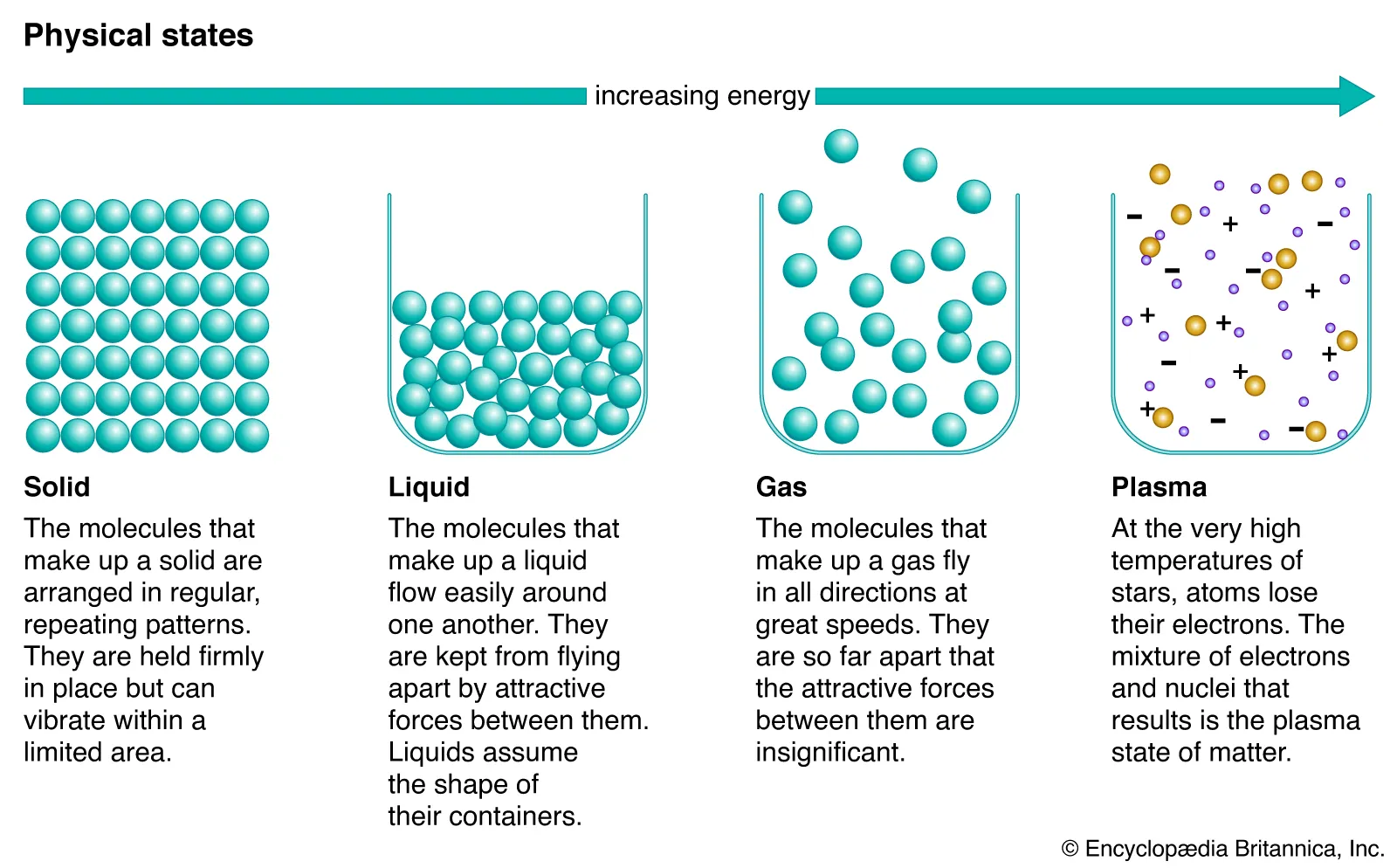Solid State, also known as an SSD (Solid State Drive), is a type of data storage device that uses non-volatile memory to store persistent data. Unlike traditional hard disk drives (HDDs), SSDs lack moving parts and, therefore, are more resistant to physical shock and vibration. Furthermore, SSDs offer extremely fast random access speeds, a characteristic that is becoming increasingly important in modern computing devices that require fast responses to multiple requests.
SSDs are now the most popular type of storage drives seen in laptops and PCs, while the majority of HDDs still make up the data storage in cloud computing applications. SSD technology offers numerous other benefits, such as improved power efficiency and reduced latency. In addition, most high capacity SSDs support power-loss protection, a feature that is designed to maintain integrity of data stored on the drive in case of an unexpected power outage. Finally, SSDs are more energy efficient than traditional HDDs, since they use much less energy when both active and idle.
As the technology matures, solid-state drives are becoming more affordable and are therefore increasingly being adopted in different types of computing applications. While still more expensive than hard disk drives, the cost gap is gradually decreasing and will eventually reach parity with HDDs in terms of cost-per-gigabyte. The features and advantages offered by SSDs make them a preferred option for any computing application that demands both performance and reliability.





